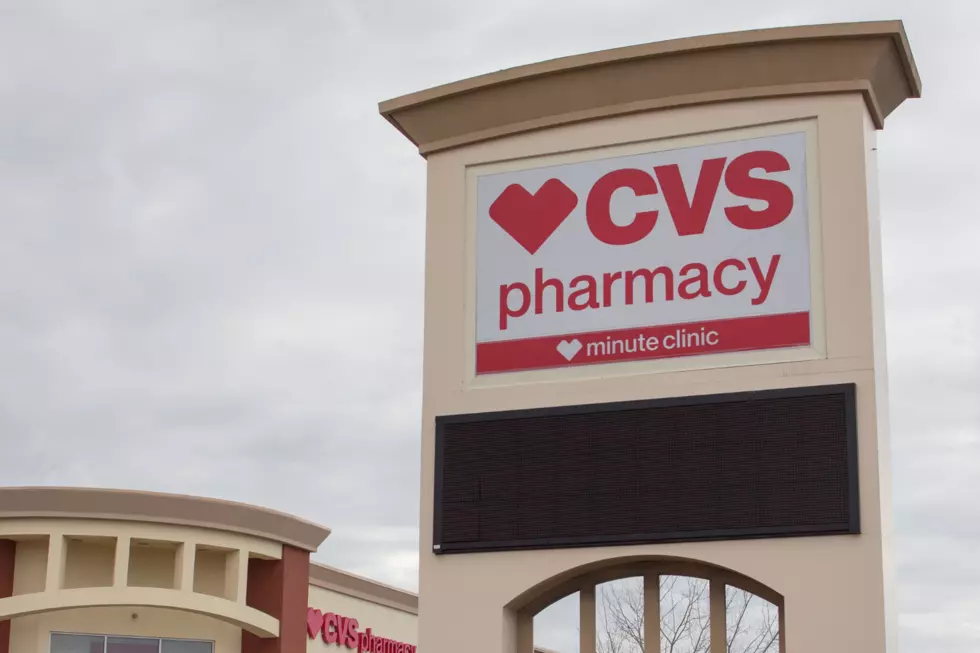
Rhode Island-Based CVS Looks to Revive Doctor House Calls
When many of us were kids, a doctor's examination often occurred at home rather than in the doctor's office. House calls were common back then, before HMOs and massive medical clinics and conglomerates became the norm.
Wikipedia says, "In the early 1930s, house calls by doctors were 40 percent of doctor-patient meetings. By 1980 it was only 0.6 percent." Specialization and technology were blamed for the decline in home visits by doctors. The trend began to reverse in the 1990s as "team home care, including physician visits, was a small but growing field in health care for frail older people with chronic illnesses."
According to Associated Press, the Rhode Island-based CVS Health "will pay about $8 billion to expand into home health care, a practice that could cut costs and keep patients happy, provided they get the help they need."

The AP says CVS Health "is buying Signify Health, a technology company that sends doctors or other care providers to patient homes to assess how they are doing and what help they might need."
AP says the deal "is a way for CVS Health to provide more help to patients where and when they want it." CEO Karen Lynch says, "The home is increasingly part of that choice."
Walgreens and UnitedHealth Group have also begun "delving more into providing care and managing the health of its customers, especially those with chronic or expensive medical conditions," says AP.
CVS Health owns CVS Pharmacy, founded in Lowell, Massachusetts, in 1963, and headquartered in Woonsocket, Rhode Island.
Here are 50 of your favorite retail chains that no longer exist.
CHECK IT OUT: See the 100 most popular brands in America
More From WFHN-FM/FUN 107









